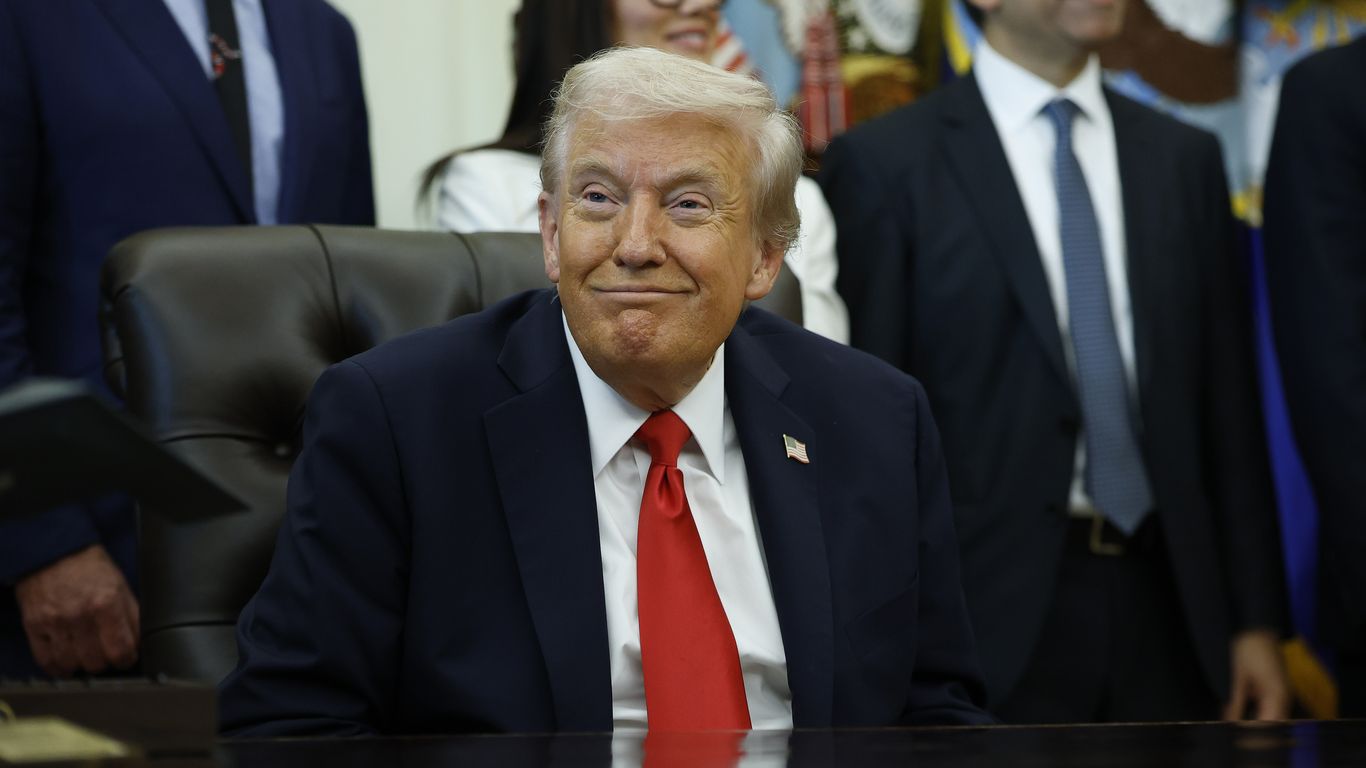President Trump has taken his legal battle over deploying the National Guard to Chicago to the Supreme Court, challenging lower court rulings that blocked the move. The White House insists federal officers face serious risks, but judges remain unconvinced, citing conflicts with local authorities and constitutional protections.
Trump urges Supreme Court to allow National Guard in Chicago

Key Takeaways:
- President Trump filed an emergency appeal to the Supreme Court for National Guard deployment in Chicago
- A federal court and the 7th Circuit Court of Appeals blocked the deployment as unconstitutional
- Judge April Perry expressed doubts about the administration’s claims, citing contradictions with local law enforcement
- Trump has indicated he might invoke the 1807 Insurrection Act to bypass legal barriers
- The order remains in effect until Oct. 23, with a follow-up hearing on Oct. 22
Trump’s Appeal to the Supreme Court
President Trump on Friday filed an emergency appeal, asking the Supreme Court to reinstate his right to deploy the National Guard to Chicago. The request follows a series of lower court rulings that found his planned deployment unconstitutional. According to the filing, the administration views National Guard deployment as critical to addressing what it labels “ongoing and intolerable risks to the lives and safety of federal personnel.”
Why Chicago Is at the Center
Chicago has become the focal point of a high-stakes legal battle. On Thursday, the Chicago-based 7th Circuit Court of Appeals upheld earlier decisions by federal courts blocking the Guard’s presence. U.S. District Judge April Perry temporarily halted the deployment last week, stating, “I simply cannot credit [the Trump administration’s] declarations to the extent they contradict state and local law enforcement.”
Administration’s Stated Concerns
Solicitor General John Sauer, representing the White House, argued that the lower court’s ruling “impinges on the President’s authority and needlessly endangers federal personnel and property.” He cited “recent weeks” in which “federal officers in Chicago have been threatened and assaulted, attacked in a harrowing pre-planned ambush involving many assailants,” underscoring the administration’s claim of urgent necessity.
Legal Basis for and Against Deployment
Trump has repeatedly suggested he might invoke the 1807 Insurrection Act to move ahead without state approval. Opponents, however, point to constitutional limitations, along with the courts’ determination that federal action must align with local and state consent. Judge Perry’s order remains in effect until Oct. 23, when a separate follow-up hearing could extend or modify it.
What’s Next
A hearing on Oct. 22 will be pivotal in determining whether Perry’s injunction continues beyond Oct. 23. In the meantime, the Supreme Court may weigh in on the administration’s claim that federal officers’ safety justifies deploying the National Guard without local consent. How the Court responds could set a significant precedent for presidential authority over domestic law enforcement actions.











